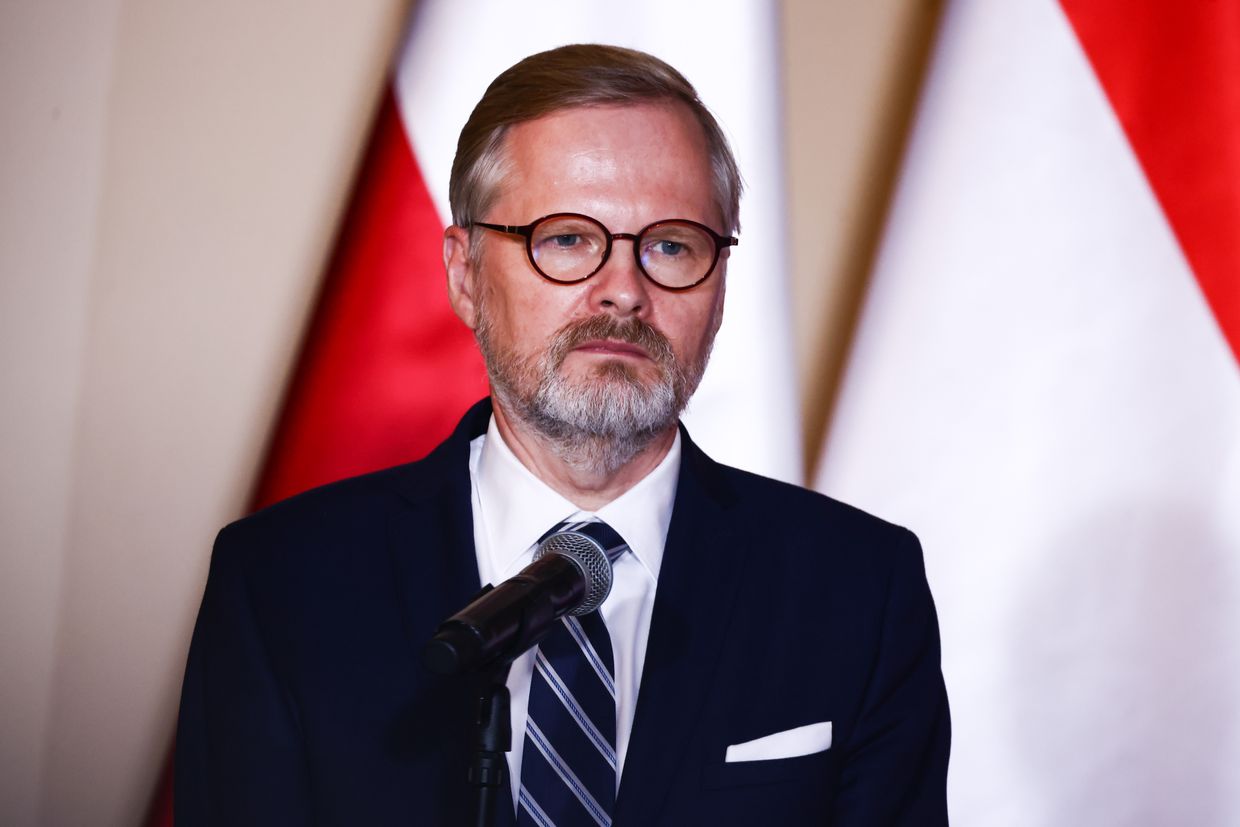EU to unveil roadmap in May to end reliance on Russian fossil fuels

The EU prepares a roadmap to fully phase out Russian fossil fuel imports, European Commission President Ursula von der Leyen announced on April 24 during the Summit on the Future of Energy Security.
Von der Leyen emphasized that the roadmap, set to be announced in two weeks, will lay out concrete steps to eliminate the bloc’s reliance on energy supplies from Russia.
The strategy was originally planned for publication in March, but was postponed due to rising uncertainty over U.S. President Donald Trump’s proposed tariffs.
“For decades, I must say, we failed to recognize the costs that came with this dependence,” she said, referencing Europe's former overreliance on Russia, which once supplied 45% of the EU’s gas, half of its coal, and nearly a third of its oil.
“That reality was exposed after the full-scale invasion of Ukraine. Russia tried to exploit our overdependence by cutting us off from gas. They failed,” von der Leyen said.
The European Commission President credited the EU’s REPowerEU initiative for accelerating the clean energy transition and lowering Russian gas imports from 45% to 18% in 2024. The strategy, she said, not only strengthened Europe’s energy security but also deprived Moscow of critical funding “for its war economy.”
The EU committed in 2022 to fully ending Russian fossil fuel imports by 2027, but the process has faced political and logistical problems.
While pipeline gas from Russia has largely been cut off, most recently following Ukraine's decision not to renew its transit deal with Gazprom in December 2024, the bloc remains dependent on Russian liquefied natural gas (LNG), which made up 19% of EU gas and LNG supplies in 2024.
Unlike crude oil and coal, Russian gas has not been sanctioned due to internal divisions within the 27-member bloc. On April 17, Reuters reported that restrictions on LNG are unlikely to be part of the EU's upcoming 17th sanctions package.











